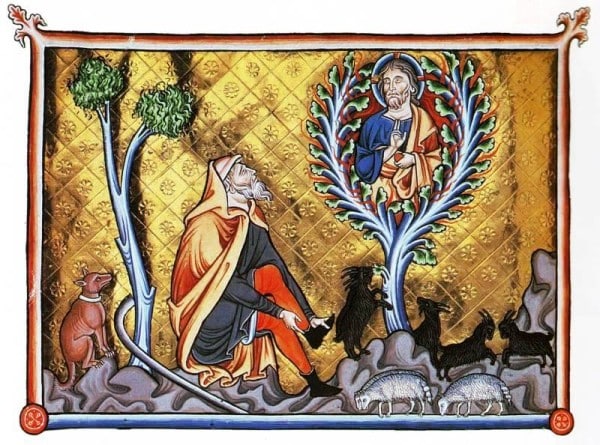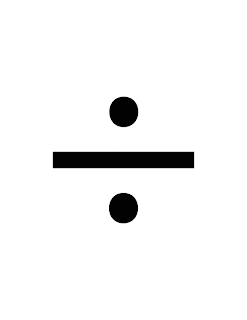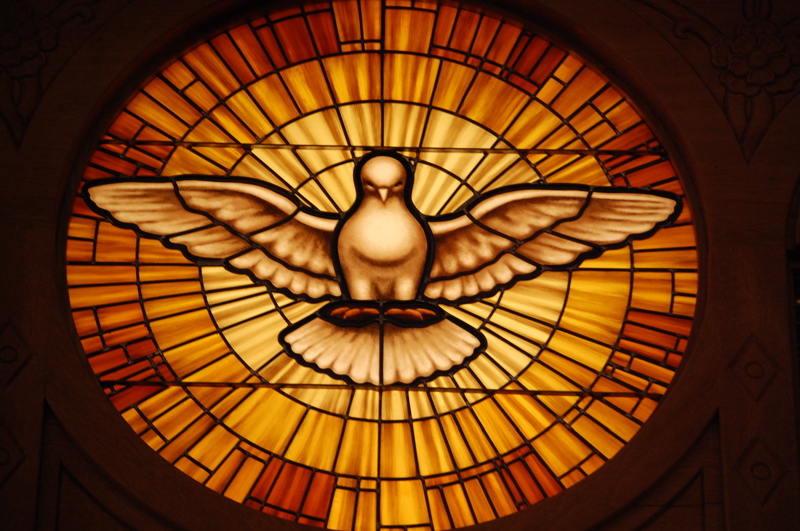Nowadays, the only English speakers using the term “Holy Ghost” are 1) Traditional Catholics; 2) Charismatics (“Holy Ghost Revival”); 3) King James only Fundamentalists; 4) Anglicans who use the older liturgies (which retain Holy Ghost throughout).
My first three children who were baptized in the Anglican tradition were each baptized, “in the name of the Father and of the Son and of the Holy Ghost. Amen.” Their baptismal certificates also read “the Father and of the Son and of the Holy Ghost.”
The historic reason for employing the language of “Holy Ghost” is that the Douay-Rheims Bible (used by traditional Catholics) and the King James Version (used by Anglicans and Fundamentalists) employ the term “Holy Ghost” for the Third Person of Holy Trinity over 90% of the time. “Holy Ghost” is not used exclusively, however. Both versions also employs “Holy Spirit.” For example, the Douay Rheims uses “Holy Ghost” 95 times, and “Holy Spirit” 8 times.
The 15th, 16th and 17th century English translators used “ghost” to translate the Latin “spiritus,” which in turn was a translation of the Greek “pneuma” (like pneumatic tools and catching pneumonia).
Ghost derives from the Old English word gast which refers to personal immaterial being – a soul, an angel, or even a demon. It is directly related the German geist.
Today, “ghost” conjures up images of haunted houses. It is a shame that this is the case. Is it, however, a reason to abandon the term “Holy Ghost”?
I still know many Catholics who use “Holy Ghost.” I still like to say the Glory be as “Glory be to the Father and to the Son and to the Holy Ghost, etc.” because: A) that’s how I learned to say it as an Anglican; and B) it’s sounds beautiful and dignified.
There is also two theological reasons for using “Holy Ghost” from time to time.
1) First, we live in a culture where being “spiritual” is increasingly popular and increasingly vague. Just think about that horrid song “Spirit in the Sky,” and you know what I mean. In neo-pagan parlance, “being spiritual” and “the spirit” have nothing to do with the personal God fo the Sacred Scriptures. This “spirit” is more like “the force” in Star Wars than it is the Third Person of the Blessed Trinity. So when you say “Holy Ghost,” you’re clearly referring to traditional Trinitarian theology.
2) In English, “spirit” has always had a vague meaning and this is likely why the translators opted for “ghost.” Spirt is not wrong. In fact, the Latin spiritus is almost identical to the Greek pneuma. But spirit in English can refer to abstractions or it can refer to a person.
Examples:
“We’ve got spirit, yes we do! We’ve got spirit how ’bout you?”
Spirit, here, refers to vigor and enthusiasm. Nobody assumes that the cheerleaders are possessed by a “ghost” or “spiritual being.”
“the spirit of Vatican 2”
I think every magisterial Catholic from Pope Benedict XVI on down knows that the so-called “spirit of Vatican 2” is certainly not the “Holy Spirit.” Here, “spirit” refers to a way of interpretation or a movement.
“Play this song with spirit!”
Here again, this doesn’t mean to invoke an immaterial person. It means to play a song with a certain tempo or feeling.
So then, “spirit” can be ambiguous. Ghost is not ambiguous. Ghost always refers to “immaterial person.”
So when people speak of the Holy Ghost, the orthodox theology of His status as a Divine Person is highlighted. There are however a couple of drawbacks to “Holy Ghost.” The most obvious is that “ghost” typically has a negative connotation. Ghosts are thought to dwell in haunted houses and most people assume that ghosts are the souls of dead people. We certainly don’t mean this when we refer to the Holy Ghost who is uncreated, immortal, and omnipotent. Still, ghost does in fact refer to the souls of dead humans:
“And saying this, he gave up the ghost.” (Luke 23:46, D-R)
My opinion is that ghost captures the reality that the Holy Ghost is a Divine Person. You can know Him and talk to Him. And yes, He dwells in you. We can have a personal relationship with Him. So I like “ghost” because it reveals a personal agent. Spirit is also good because it hearkens back to the Latin Vulgate and corresponds to the Latin of the liturgy. However, it is more ambiguous in English – especially in our time with “being spiritual” is so popular.
In summary, there are positives and negatives to both terms. This is why I often use both “Holy Ghost” and “Holy Spirit” interchangeably on the blog, in lectures, and in conversations. The English/American Catholic tradition always used both terms, but gave “Holy Ghost” the privileged place. In around 1970, most English speaking Catholics retreated almost entirely from “Holy Ghost.” (I think this is why “Holy Ghost” has become the secret handshake of traditional Catholics.) So why not use both terms?
Just one last thing. If you do begin to sprinkle your prayers and discourse with “Holy Ghost” and someone challenges you on it for being archaic, don’t worry about it. We still all say archaic things every day: “Our Father who art in Heaven, hallowed be thy name.” We also still say, “blessed art thou amongst women.” We don’t have to update our prayers every decade with latest lingo. There is a blessed confidence in retaining the phrases of our grandfathers and their grandfathers.
A blessed Pentecost to you.
Godspeed,
Taylor
PS: The Holy Ghost Third Person of the Trinity, coequal and consubstantial with the Father and the Son (Matthew 28:19; Acts 5:34, 28:25, 261 Corinthians 12:4-6). Saint Augustine and Saint Thomas Aquinas teach that he is the Gift of the Father to His people on earth to initiate and complete the building of the body of Christ (1 Corinthians 12:13). The Holy Ghost personally convicts the world of sin, glorifies the Lord Jesus Christ, and transforms the baptized into His image (John 16:7-9; Acts 1:5; 2:4; Romans 8:29; 2 Corinthians 3:18; Ephesians 2:22).








